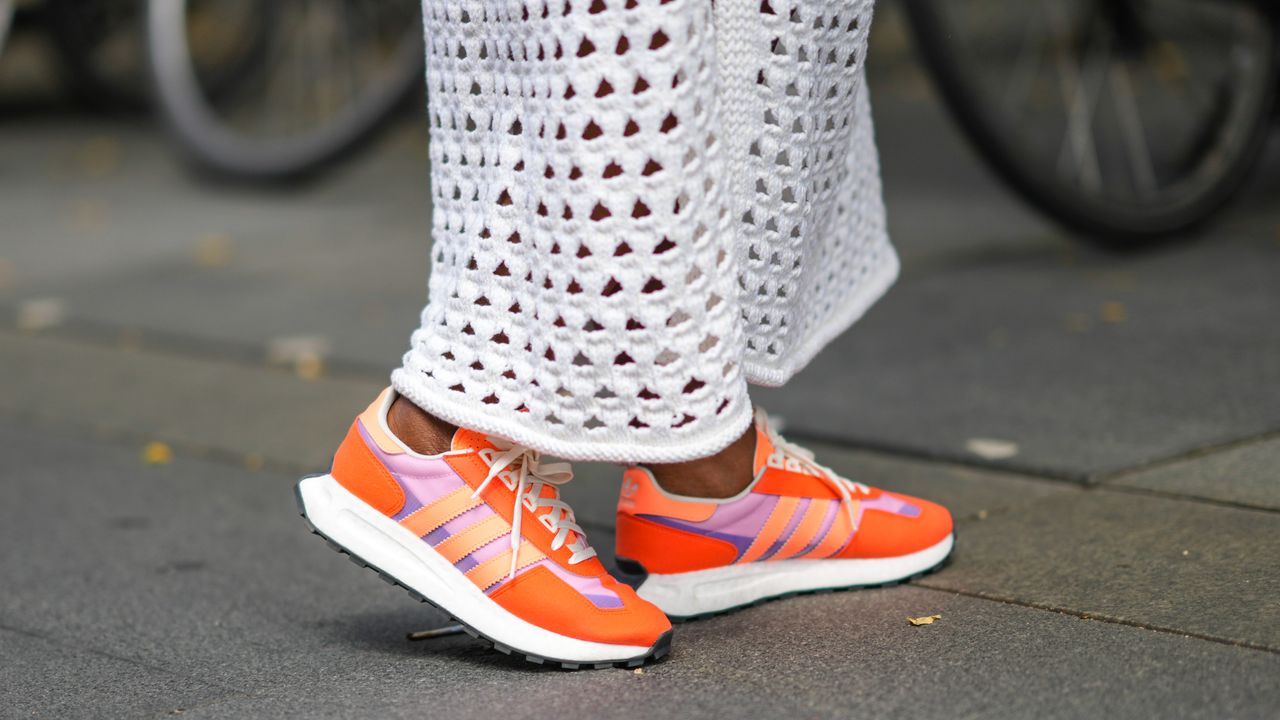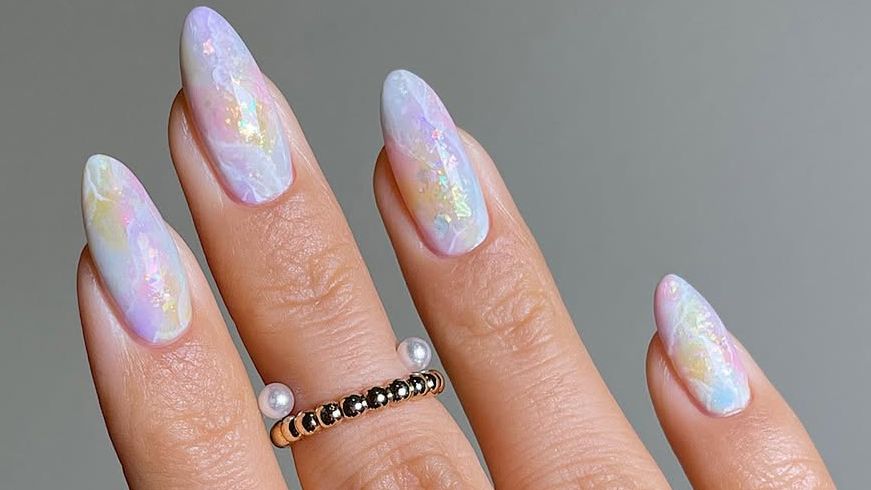Blog
How to mosquito-proof yourself this summer — 7 simple tips
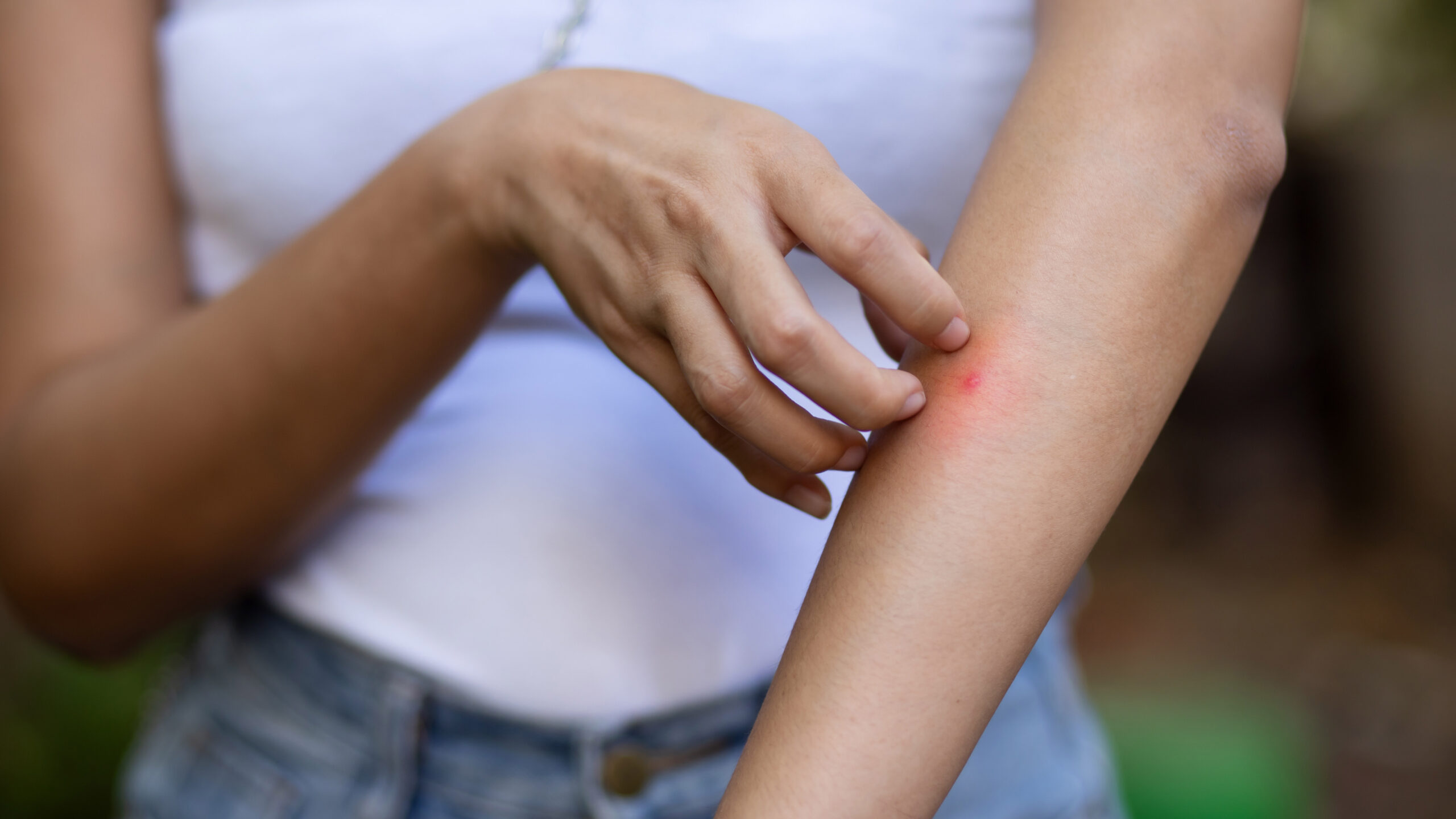
You step outside for five minutes and somehow return looking like you’ve been through a miniature battlefield, covered in itchy red welts while your friends remain mysteriously bite-free. It’s maddening, isn’t it?
You’ve probably wondered if you’re cursed with some kind of mosquito magnetism, but the truth is more scientific. Mosquitoes don’t bite randomly, they’re actually sophisticated hunters that use multiple sensory cues to select their preferred targets.
Understanding what attracts mosquitoes to you in the first place gives you the power to make yourself a less appealing target. With the right tips, you can finally enjoy summer evenings. Here’s how you can mosquito-proof yourself this summer.
1. Manage your carbon dioxide output
(Image: © Shutterstock)
People who produce more carbon dioxide attract mosquitoes more strongly. You can reduce your CO2 output by avoiding strenuous outdoor activities during peak mosquito hours, typically dawn and dusk.
If you need to exercise outside, choose midday when mosquitoes are less active, then shower promptly afterward to remove sweat and odors.
Also, be aware that certain activities like drinking alcohol can increase your metabolic rate and CO2 production, making you more appealing to mosquitoes during outdoor gatherings.
2. Control sweat and body odor
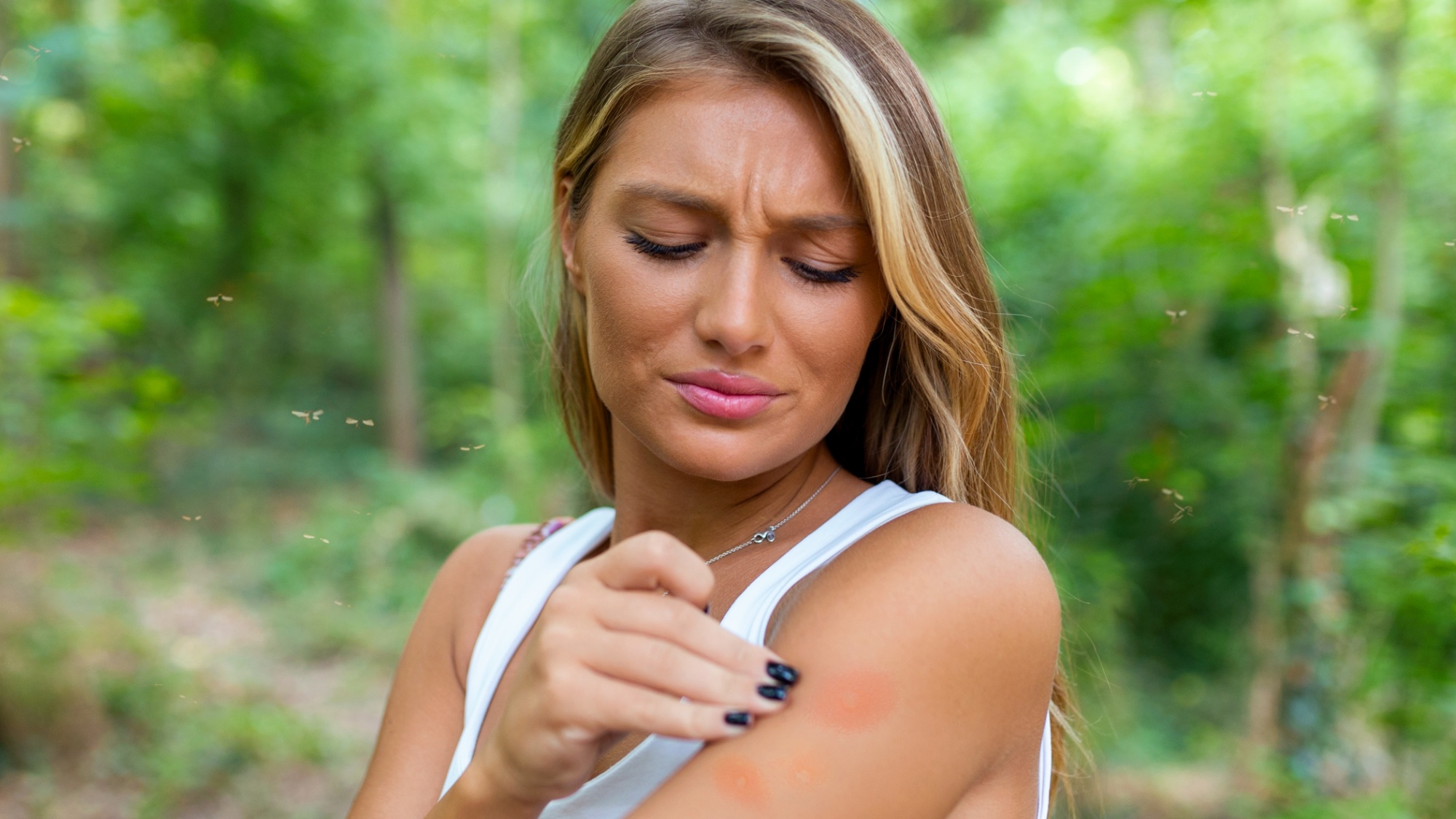
(Image: © Shutterstock)
Mosquitoes are particularly drawn to lactic acid and ammonia in sweat, so staying clean and dry is crucial.
Shower immediately after physical activity, especially if you’ve been sweating heavily. Use an antibacterial soap to reduce the skin bacteria that create appealing odors. And if you’re spending extended time outdoors, bring wet wipes to clean sweat from exposed skin areas.
Avoid heavily scented lotions or perfumes that might attract mosquitoes, opting instead for unscented personal care products.
3. Choose your clothing strategically

(Image: © Shutterstock)
Wear light-colored, loose-fitting clothing that covers as much skin as possible. Mosquitoes are attracted to dark colors and can bite through tight-fitting fabrics.
Long sleeves and pants provide the best protection, but choose breathable materials to avoid overheating and excessive sweating.
Consider treating your clothing with permethrin, an insect repellent that lasts through multiple washes and provides long-term protection without needing to be reapplied to your skin.
4. Apply effective repellents
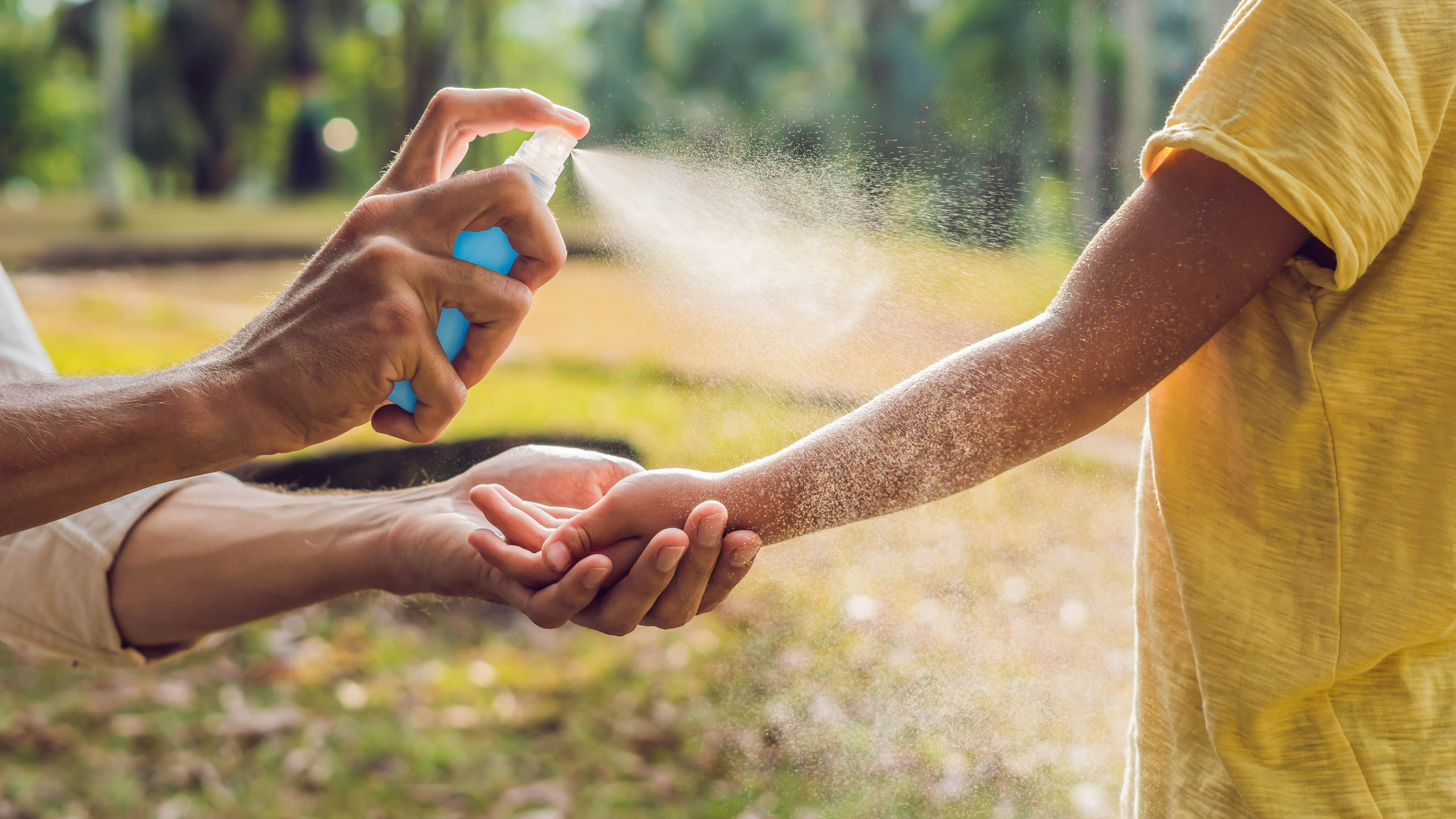
(Image: © Shutterstock)
For stationary activities like dining on your patio, use spatial repellents like Thermacell devices that create a mosquito-free zone around you.
When you’re mobile, apply DEET-based repellents to exposed skin, following label instructions carefully.
If you prefer natural options, use high concentrations of essential oils like peppermint, lavender, or eucalyptus, but reapply every 30 minutes for continued effectiveness.
Natural repellents work by masking the odors mosquitoes track, so consistent application is key.
5. Time your outdoor activities wisely
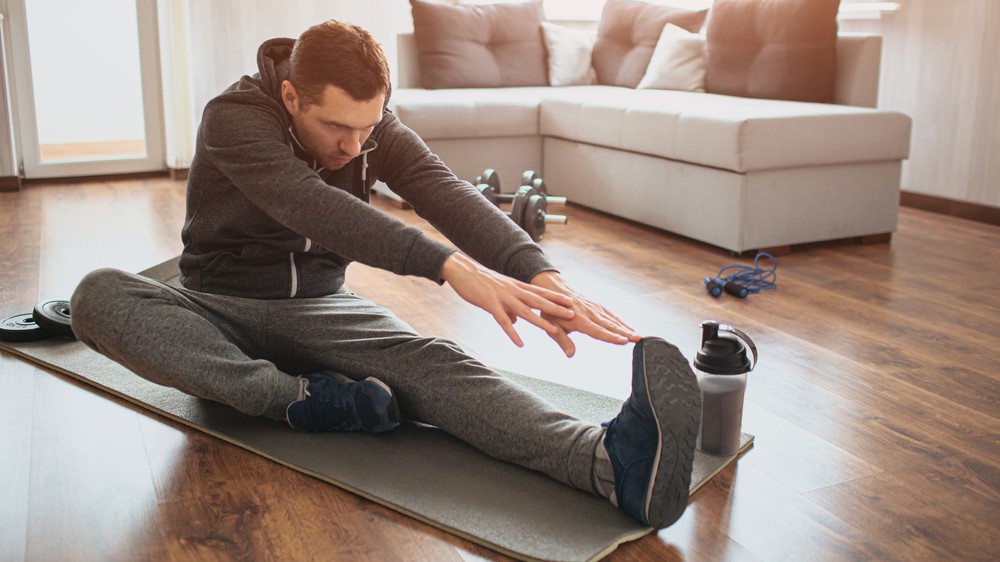
(Image: © Shutterstock)
Plan outdoor activities for times when mosquitoes are least active, typically during the heat of midday.
Avoid spending time outside during dawn and dusk when mosquitoes are most aggressive. If you must be outdoors during peak mosquito hours, increase your protective measures by combining repellents, protective clothing, and staying in areas with good air circulation.
Fans can help disperse the CO2 and scent trails that attract mosquitoes to you.
6. Modify your immediate environment

(Image: © Getty Images)
Create mosquito-unfriendly zones around your outdoor spaces by eliminating standing water where mosquitoes breed. Use fans on patios and decks, as mosquitoes are weak fliers and avoid windy areas.
Plant mosquito-repelling herbs like citronella, basil, and marigolds around seating areas. And consider installing bug zappers or mosquito traps in areas where you spend time, positioning them away from your seating area to draw mosquitoes away from you.
7. Adapt your strategy if you’re Type O
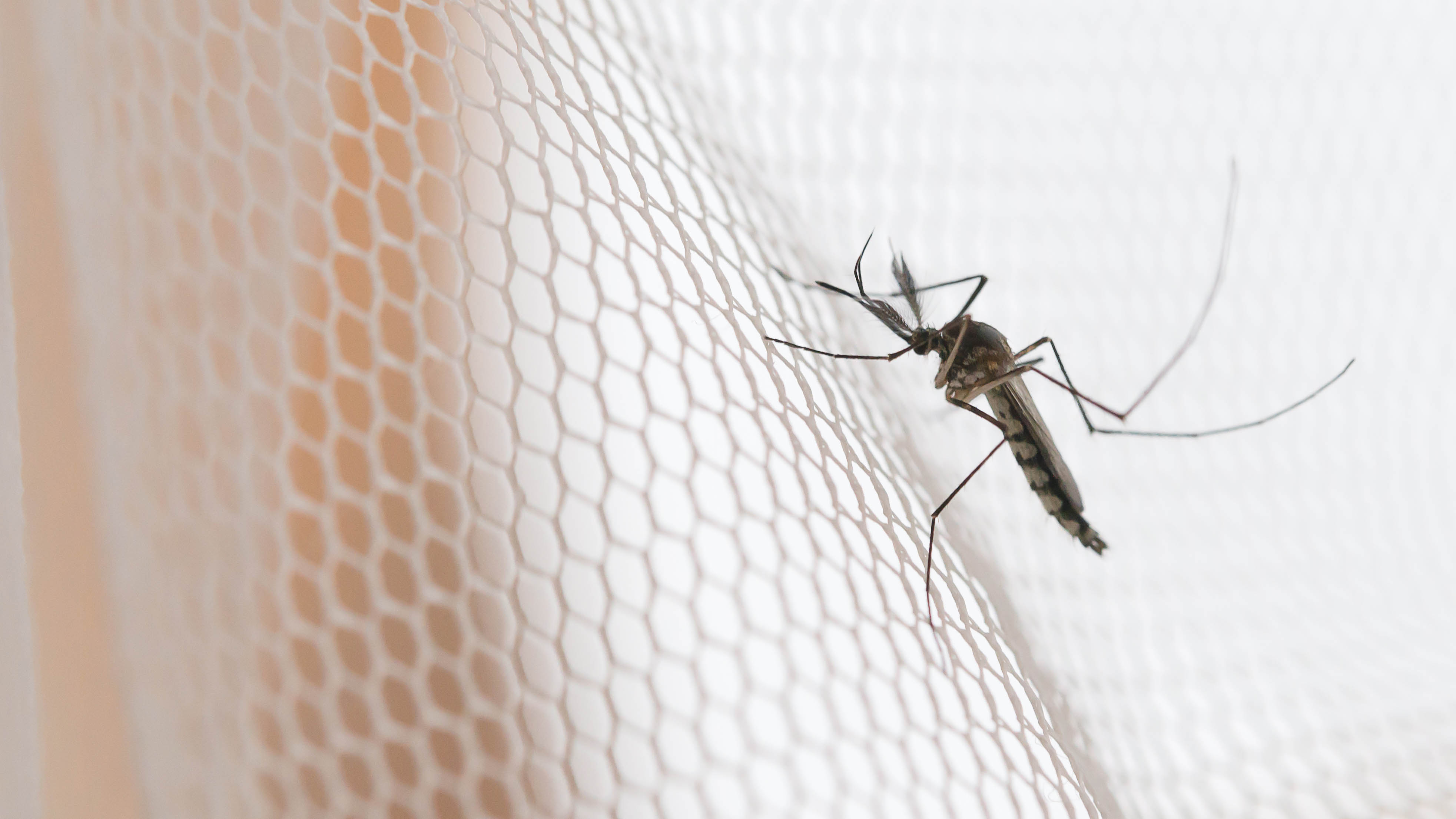
(Image: © Shutterstock)
If you have Type O blood, you’re statistically more likely to be bitten, so you’ll need to be extra vigilant with protective measures.
Double down on repellent application, especially on exposed areas like ankles and wrists where mosquitoes commonly bite.
Consider using multiple types of protection simultaneously, such as treated clothing plus topical repellent.
Stay particularly alert during outdoor activities and reapply protective measures more frequently than the average person might need to.
Luckily, there are plenty of ways to get rid of mosquitoes in your home and your yard, and you can even make your own non-toxic mosquito trap in just a few easy steps.








